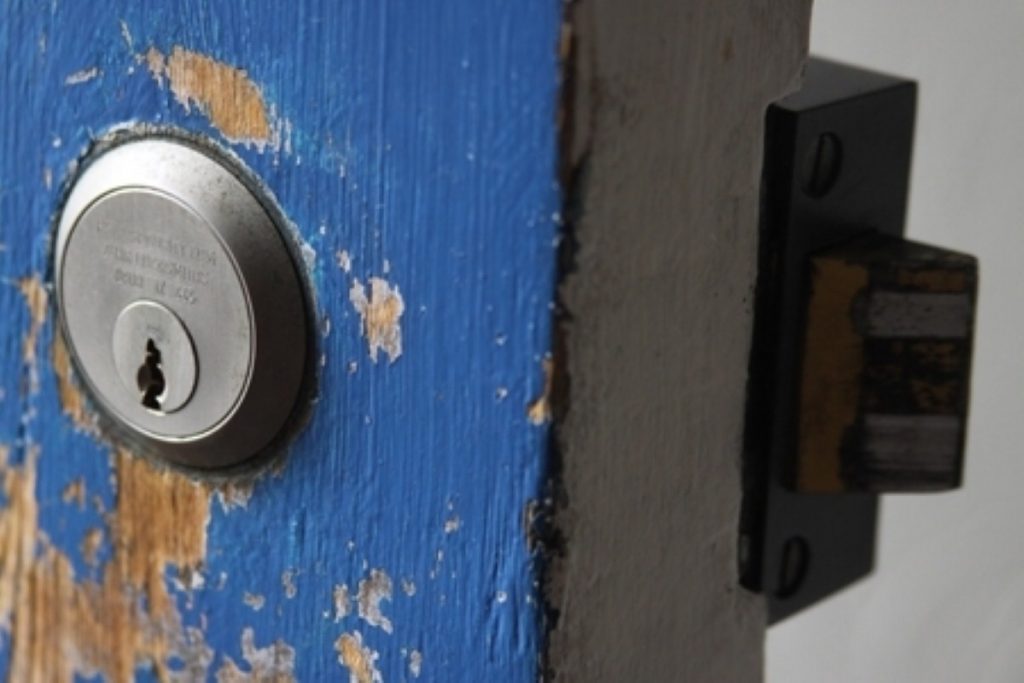Locked out: Cameron excludes doctors’ groups from NHS reform talks
By Ian Dunt Follow @IanDunt
Groups representing the doctors who are supposed to handle commissioning under NHS reform have been excluded from talks in Downing Street today because of their opposition to the policy.
The British Medical Association (BMA) and the Royal College of General Practitioners, who have long opposed Andrew Lansley's reforms, were not invited to the event.
As Andrew Lansley tried to enter the building he was confronted by members of the public, including at least one GP.


In a scene which was shown on 24-hour news channels, the health secretary was humiliatingly shouted at by campaigners, who accused him of betraying the NHS. He could be heard saying "there is no privatisation".
Media reports suggested an elderly demonstrator was in tears following the exchange.
The day threatened to get even worse for the government after Duncan Hames, parliamentary private secretary to energy secretary Ed Davey, joined 12 other Liberal Democrat MPs to back a motion calling for the publication of a "risk register" outlining the risks of the health and social care bill.
The information commissioner has ruled the register should be published, but the government is appealing the decision. A decision on the appeal is due before the bill finishes its passage thgrough parliament.
Liberal Democrat MP Andrew George later broke ranks to say the bill "has no friends" and that a "dignified withdrawal would be best".
Speaking about the decision to exclude doctors from the Downing Street meeting, health minister Simon Burns said: "I don't think it's odd at all because this is part of an ongoing dialogue.
"We have had hundreds of meetings. There have been thousands of people involved in talking and looking into ways of improving and engaging on the health bill.
"We are on this occasion meeting those organisations who are constructively engaged in implementing the modernisation."
Downing Street insisted the widespread opposition of doctors, many of whom would be asked to take a leading role in NHS organisation under the reforms, was counter-balanced by the fact GPs throughout the country were already implementing the changes.
But opponents are furious that events are already changing on the ground, despite the lack of parliamentary mandate.
"The prime minister is holding a Downing Street summit which excludes those from the medical profession who disagree with his bill," Ed Miliband said during a trip to Homerton hospital today.
"I think this bunker mentality is the wrong way to run the NHS.
"And I want to say something directly to David Cameron today. It’s not too late to start listening to the doctors, the nurses and the midwives."
The BMA said: "It would seem odd if the major bodies representing health professionals were not included."
The Royal College of Physicians is holding an extraordinary general meeting in London on February 27th to discuss whether it should ask its members' view on the bill. Some reports suggest the government is putting extraordinary pressure on the group to back the bill.
The Royal College of Surgeons has supported the bill throughout. Both groups have been invited to today's event.
"He is clearly trying a policy of divide and rule in the hope that he can break the opposition to the bill by only asking those he believes will support him," former foreign secretary and doctor Lord Owen told the Guardian.
"The prime minister may think he can outmanoeuvre or override the BMA in the same way that Clement Attlee and Aneurin Bevan did when the 1945 Labour government introduced the National Health Service in the face of opposition of the BMA.
"But the BMA in 1946 was much more evenly divided than they are now and Attlee had a clear electoral mandate from the British people to push through his reforms – something Cameron does not have."

